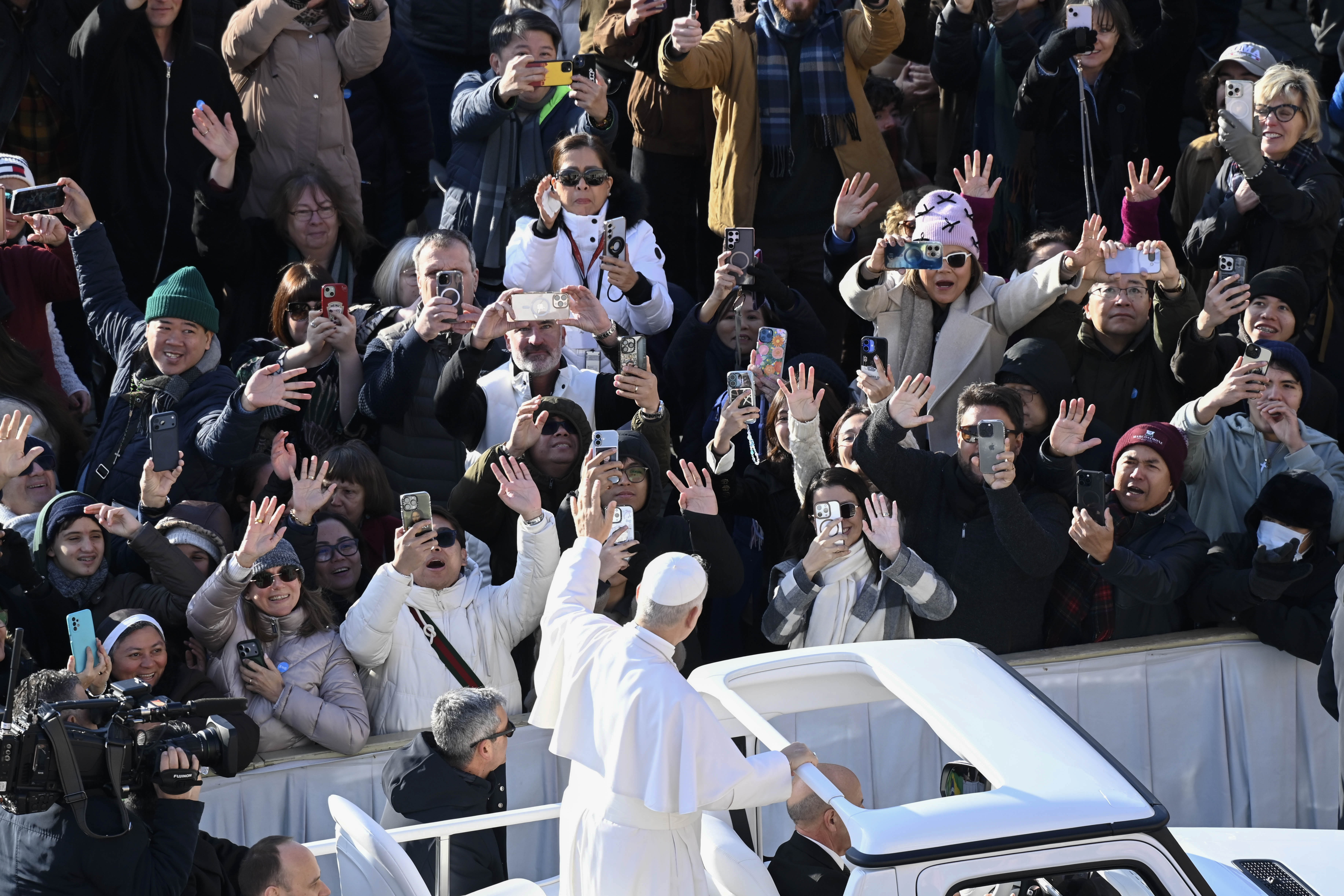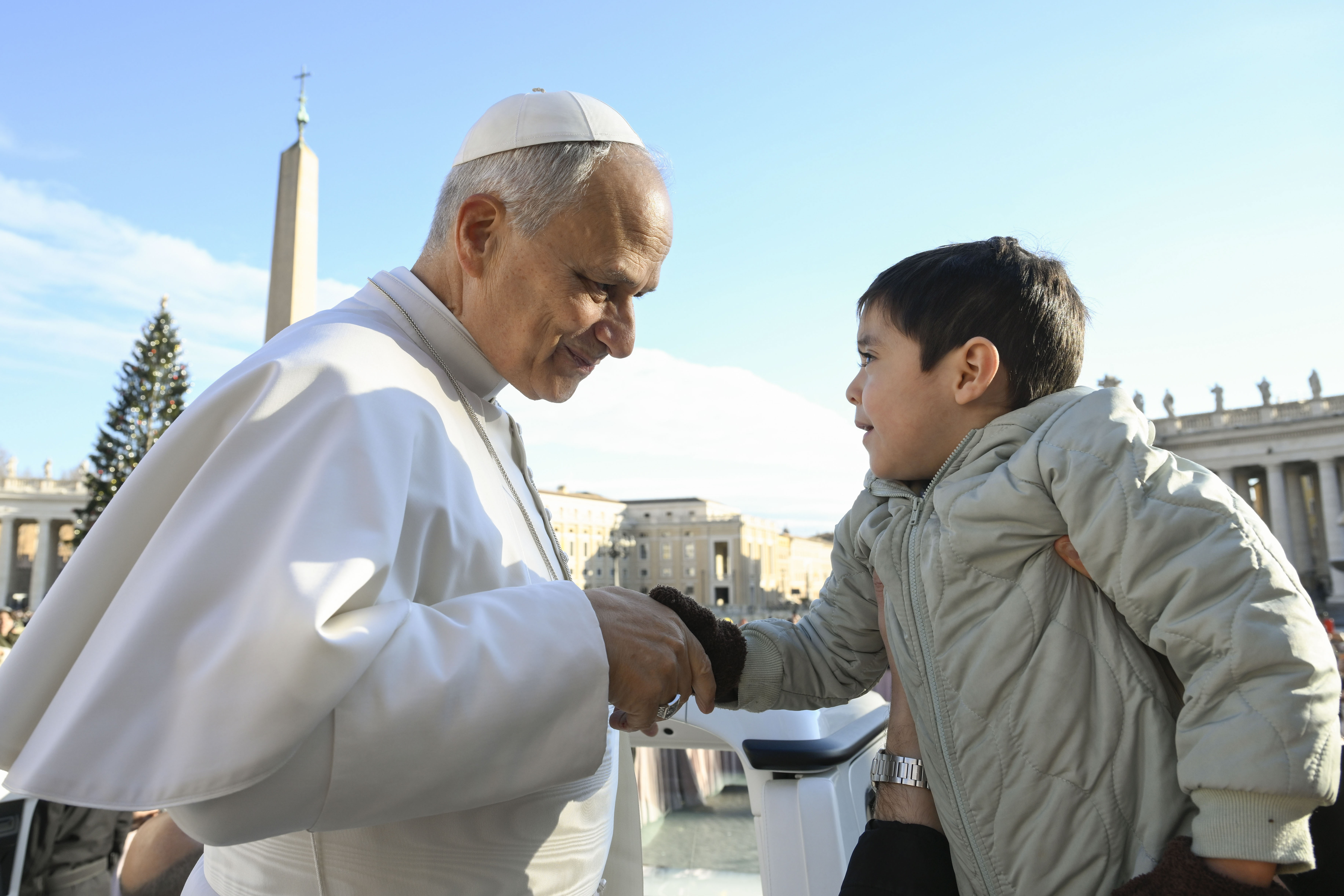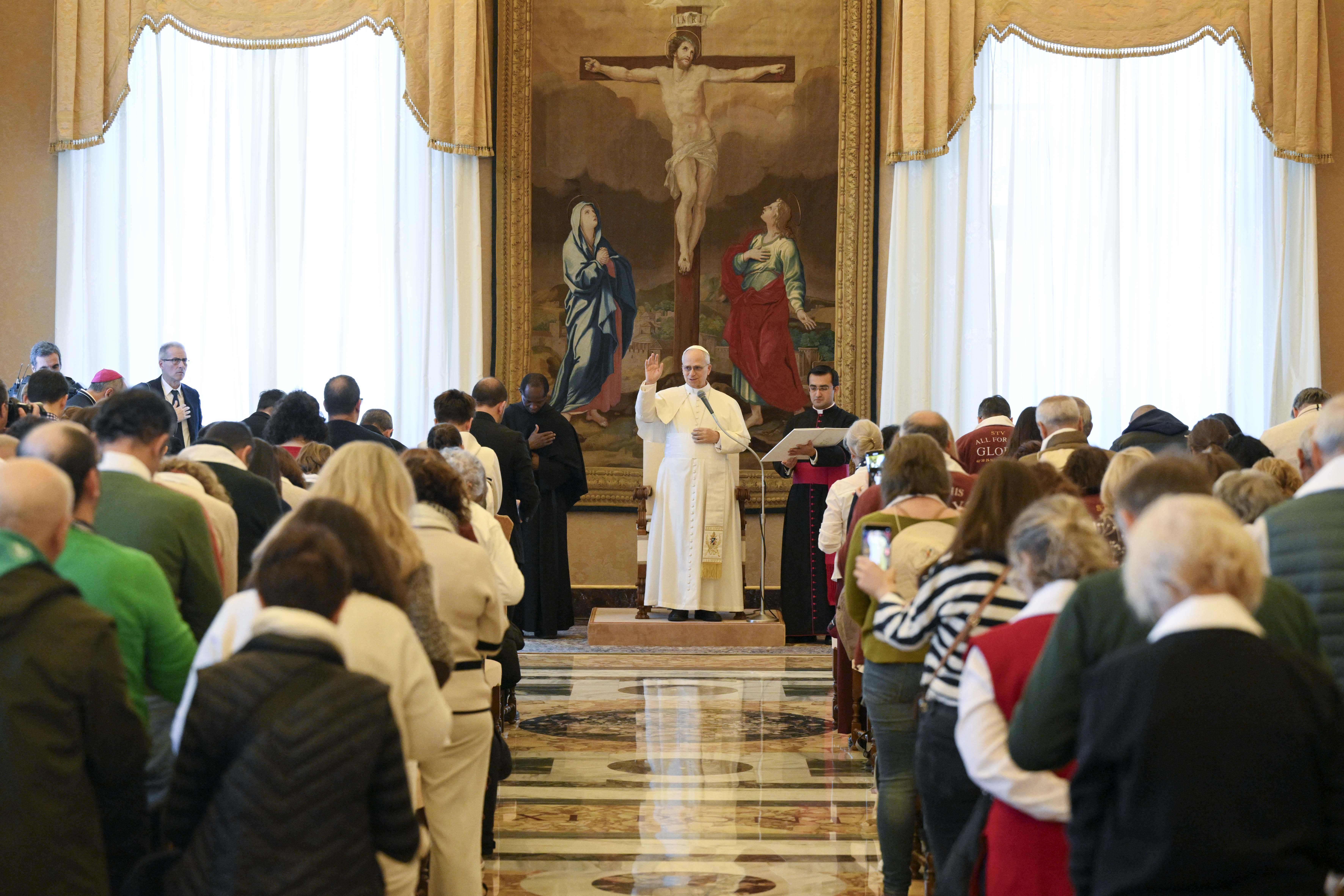 2025 was a complex and multifaceted year for Christians in the Middle East, oscillating between supportive initiatives and messages of hope alongside persistent challenges. | Credit: Ismail Adnan/ACI MENA
2025 was a complex and multifaceted year for Christians in the Middle East, oscillating between supportive initiatives and messages of hope alongside persistent challenges. | Credit: Ismail Adnan/ACI MENA
Dec 31, 2025 / 15:30 pm (CNA).
2025 was a complex and multifaceted year for Christians in the Middle East. Across six pivotal countries, the contours of this reality reveal an uneven trajectory that is nevertheless unified in essence: a steadfast attachment to land and faith amid harsh circumstances and ongoing challenges.
Egypt: Official support and societal challenges
Throughout the year, the Egyptian state continued its positive policies toward Christians, most notably through the development of the Holy Family Trail, the legalization of the status of 160 churches and related buildings, and the disbursement of a "Christmas grant" to informal workers. At the same time, Copts faced ongoing challenges, including the failure of some universities to take Christian feast days into account when scheduling examinations.
More profoundly, sporadic attacks led by extremists persisted, involving the abduction of girls, the displacement of families, and the vandalism of property, churches, and cemeteries, along with hate speech targeted at Christians. These incidents underscored a gap between official positions and certain societal practices.
Jordan: A model of stability awaiting completion
Jordan remains among the safest countries in the region for Christians, with increasing official support.
This year, the Ministry of Tourism and Antiquities established eight Christmas celebration sites nationwide, launched the Baptism Route for Christian pilgrimage, and issued postage stamps featuring icons of Jordanian saints.
The country also hosted church-related intellectual conferences, and the king of Jordan held significant meetings this month with Church leaders from the region and from around the world.
Nevertheless, Christians continue to await the issuance of a new personal status law, while emigration persists, having significantly reduced their population over past decades to around 4%, according to some sources, which is down from nearly 12% in 1956.
Lebanon: Papal hope amid persistent crises
Lebanon continues to grapple with the legacy of its civil war 50 years on, along with deep divisions and ongoing crises.
In 2025, the country suffered destruction from Israeli bombardment, particularly in the south, alongside security breakdowns that included the killing of a priest in his home and a spate of church thefts.
The pope's visit offered a profound spiritual balm, carrying strong messages of peace, Lebanon's role in the world, the responsibility of youth in shaping the future, and the imperative not to forget the poor and vulnerable.
Yet political and economic realities continue to weigh heavily on Christians, leaving emigration as an ever-present option.
Syria: Official reassurances and deep-seated anxiety
Syria's Christians endured a difficult year amid security breakdowns and scattered acts of vandalism targeting churches and religious symbols.
The most serious incidents occurred in the heart of Damascus with the bombing of St. Elias Church and in Suwayda, where at least six churches were vandalized, numerous properties looted, and several Christians killed.
In response, cooperation between the state and the Church, along with meetings between political leadership — particularly President Ahmed al-Sharaa — and patriarchs, helped ease some concerns, alongside heightened security measures around churches on Sundays and feast days.
Still, Christians continue to face harsh living conditions and fears of an uncertain future, including those in eastern Syria under the Democratic Autonomous Administration of North and East Syria.
The Holy Land: Cautious celebration amid ongoing threats
Holy Land Christians returned this year to celebrating Christmas in Bethlehem and elsewhere following a decline in the intensity of the war there, despite the destruction it left behind, especially in Gaza, where those who remain face the challenge of living with dignity.
In the West Bank, settler attacks escalated, particularly in the Christian town of Taybeh.
With ongoing unemployment and instability, Christian emigration continues from the Holy Land, reducing the Christian proportion to around 1%. Their numbers have declined sharply, especially in Jerusalem, where Christians now number no more than about 6,700.
In Bethlehem, emigration is no longer an individual phenomenon but increasingly affects entire families, fueling fears that the Holy Land could be emptied of its indigenous Christian population and transformed into little more than a living museum.
Iraq: Church reconstruction and ongoing attacks
Iraq witnessed a stark paradox in 2025: repeated attacks on cemeteries and churches, and renewed waves of emigration that have cost the country nearly 90% of its Christian population.
The decline of the Christian population has taken place over two decades, alongside the reconstruction and reopening of monasteries and churches. These include the Monastery of Mar Oraha, the Chaldean Church of the Immaculate Conception, St. Thomas Syriac Orthodox Church in Mosul, the Cathedral of Our Lady of Light in Ankawa, and the consecration of the altar of Our Lady of the Syrians Church in Duhok for the Syriac Orthodox.
This year the Church of Abraham in the ancient archaeological site of Ur hosted its first-ever prayer service. Politically, the 2025 parliamentary elections revived debate over the Christian quota and representation, amid Church calls for unity and the defense of rights.
Emigration — especially among youth — remained the dominant theme.
A sign of hope
The Vatican announced this year the canonization of the martyred bishop Ignatius Maloyan, a deeply symbolic step that once again cast light on the history of martyrdom that has shaped Christian presence in the region.
The resonance of the Roman pontiff's message at the conclusion of the Divine Liturgy in Beirut continues to echo among the peoples of the Middle East: "The Middle East needs new attitudes: a rejection of the logic of revenge and violence, a move beyond political, social, and religious divisions, and the opening of new pages in the name of reconciliation and peace. We have traveled the path of mutual hostility and destruction for far too long, and we all witness the painful results. We must change course and educate the heart for peace. To the Christians of the East, the sons and daughters of these lands, I repeat and say: Take courage."
This story was first published by ACI MENA, CNA's Arabic-language news partner, and has been translated for and adapted by CNA.

























